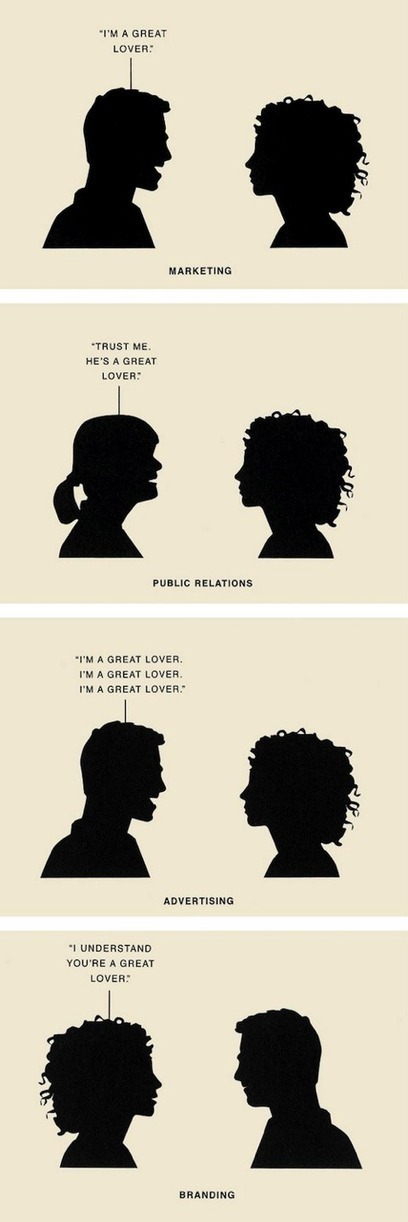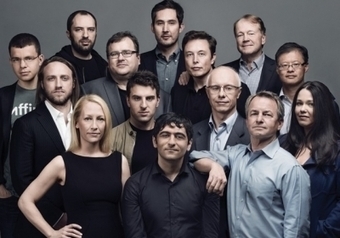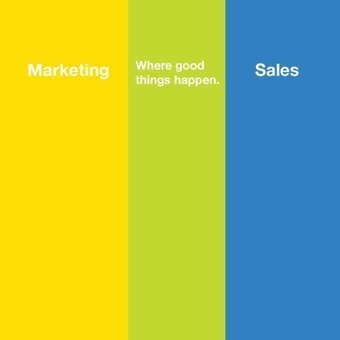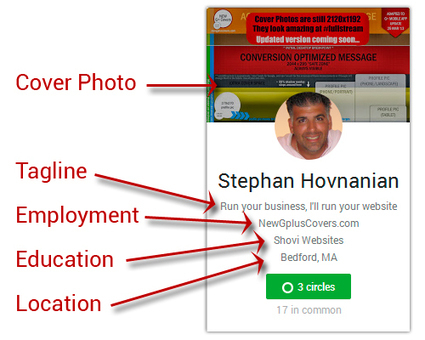- Forbes
Marc Rougier's insight:
Glenn Llopis: "It’s time for corporations to showcase their executives as thought leaders".
The seven questions that will get you started (below). Identifying and developing thought leaders inside your organization is key.
1. What Do You Solve For?
2. Who Are the Game Changers?
3. What Are the Most Impactful Best Practices?
4. Where Are the Subject Matter Experts?
5. What Are the Innovative Breakthroughs?
6. Where Do the Real Relationships Exist?
7. What Are the Desired Outcomes?



 Your new post is loading...
Your new post is loading...














































The key to building brand visibility via thought leadership is to figure out where your company is uniquely positioned as it relates to current social and business trends and then create a compelling narrative.